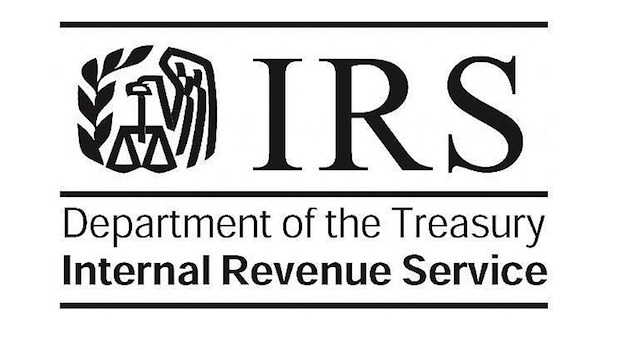This Congressman is Not Convinced the IRS Won’t Come After Christian Colleges
G.K. Chesterton famously said that it is unwise to take a fence down until you know the reason it was put up. “Let us say,” he wrote, “for the sake of simplicity, a fence or gate erected across a road. The more modern type of reformer goes gaily up to it and says, ‘I don’t see the use of this; let us clear it away.’ To which the more intelligent type of reformer will do well to answer: “If you don’t see the use of it, I certainly won’t let you clear it away. Go away and think. Then, when you can come back and tell me that you do see the use of it, I may allow you to destroy it.'” Institutions arise for a reason. People do not accidentally or coincidentally build churches, schools, libraries, or hospitals. Nor do they make laws blindfolded. All of these serve purposes, and their prevalence in every corner of civilization demonstrates that their purposes are in harmony with human nature. We live in a time when many are questioning and even rejecting longstanding institutions. Many suddenly believe that traditions and long-held beliefs are arbitrary and without use. We tinker with such matters at some risk. If you take down the fence, you might discover too late what it was keeping out. Senator Mike Lee recently asked IRS Commissioner Thomas Koskinen if he planned to discriminate against religious institutions who happened to continue believing that marriage was between a man and a woman. “Will you commit to me that as long as you remain on as the commissioner of the IRS, you will not, in the absence of a directive by Congress or by the courts, a subsequent directive, one not in place right now, that you will not take any action to remove the tax exempt status from religious colleges or universities based on their belief that the marriage is between a man and a woman?” “I can make that commitment,” Koskinen said. “If we ever did that, we would issue it for public comment. There would be no surprises. The public would have plenty of notice and plenty of opportunity to comment, and that’s not going to happen in the next two and a half years.” This is cold comfort. Two and a half years is not a long time. Already, aggressors in a culture war like the ACLU are advocating for Koskinen to punish certain churches, synagogues, and other religious institutions for believing what President Obama believed until 2012—that marriage is between a man and a woman. Supreme Court Chief Justice John Marshall famously said in 1819, “the power to tax involves the power to destroy.” This is precisely the idea: treat religious institutions unequally based upon their theology, destroying the ones the current bureaucrats don’t like. What would the cost of this tax extortion be to society? According to the U.S. Department of Education, there are 7,769 accredited institutions of higher education in the United States. These include nearly 3,100 private institutions, just over 1,000 of which define themselves as religiously affiliated. All of them would be threatened. Government policy that discriminates against faith-based social service providers, including educational institutions, churches and charities that believe in traditional marriage, would undermine a part of what makes our nation great: our commitment to pluralism and diversity. All citizens and the associations they form should be free to participate in government programs according to their reasonable beliefs. We don’t want the IRS defining orthodox theology, or conducting social engineering. If we really believe in tolerance, and if we really believe in a separation between church and state, then the state must not dictate to churches what they must believe. After all, as Koskinen acknowledges, his term will be up soon. The bureaucrat who will succeed him could very well be appointed by a conservative president. Giving bureaucrats the power to economically punish churches politicizes religion, just as empowering bureaucrats has politicized so many other things, such as lightbulbs, farm dust, and the internet. Nobody wants that. Regarding marriage, and regarding the picking and choosing of religious institutions by the IRS, we need the same humble caution. Leave the fence up.
















































